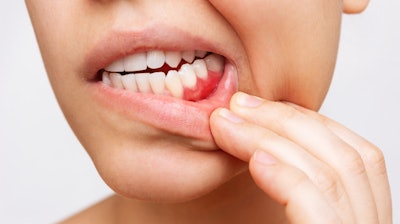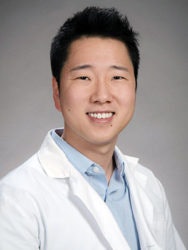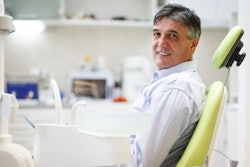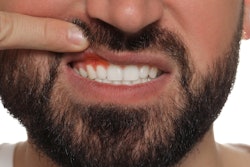
University of Washington (UW) School of Dentistry researchers will conduct a first-of-its-kind trial to determine whether an antiaging drug can change immune responses in older adults with periodontal disease to improve treatment outcomes, according to UW School of Dentistry news.
Recently, the U.S. Food and Drug Administration (FDA) gave researchers the green light to start a trial that will assess whether rapamycin, a drug that has immune-modulating properties and is a focus in antiaging research, can do more than alleviate the superficial symptoms of gum disease.
 Dr. Jonathan An, PhD. Image courtesy of UW University.
Dr. Jonathan An, PhD. Image courtesy of UW University.
“If periodontal disease is age-related, and rapamycin can target the aging process and improve it, then we want to find out what happens to periodontal disease when rapamycin is used,” Dr. Jonathan An, PhD, an assistant professor of oral health sciences at UW and the study’s lead researcher, said in the article, which published January 29.
Currently, the FDA-approved drug has shown promise in improving aging in mice by blocking the mammalian target of rapamycin (mTOR) pathway, which controls nutrient sensing and cell growth and has been associated with insulin resistance, cancer, and arthritis. While rapamycin, a specific inhibitor of mTOR, and its derivatives have been used in humans in other research, this trial is the first approved by the FDA in the context of oral health and periodontal disease, according to the article.
The trials will include U.S. adults age 50 and older with periodontal disease who will be provided rapamycin intermittently over eight weeks.
Researchers will collaborate with local clinics and research groups to study markers of biological aging and other health factors. Additionally, the participants will undergo blood testing to keep tabs on their systemic health, according to the story.
Since research has shown gum disease is associated with heart disease, diabetes, and Alzheimer’s disease -- all diseases that share age as an underlying risk factor -- the results of this study could be a game changer.
“Impacting periodontal disease with rapamycin could not only change the way we do dentistry but could also positively impact aging globally,” An added.




















